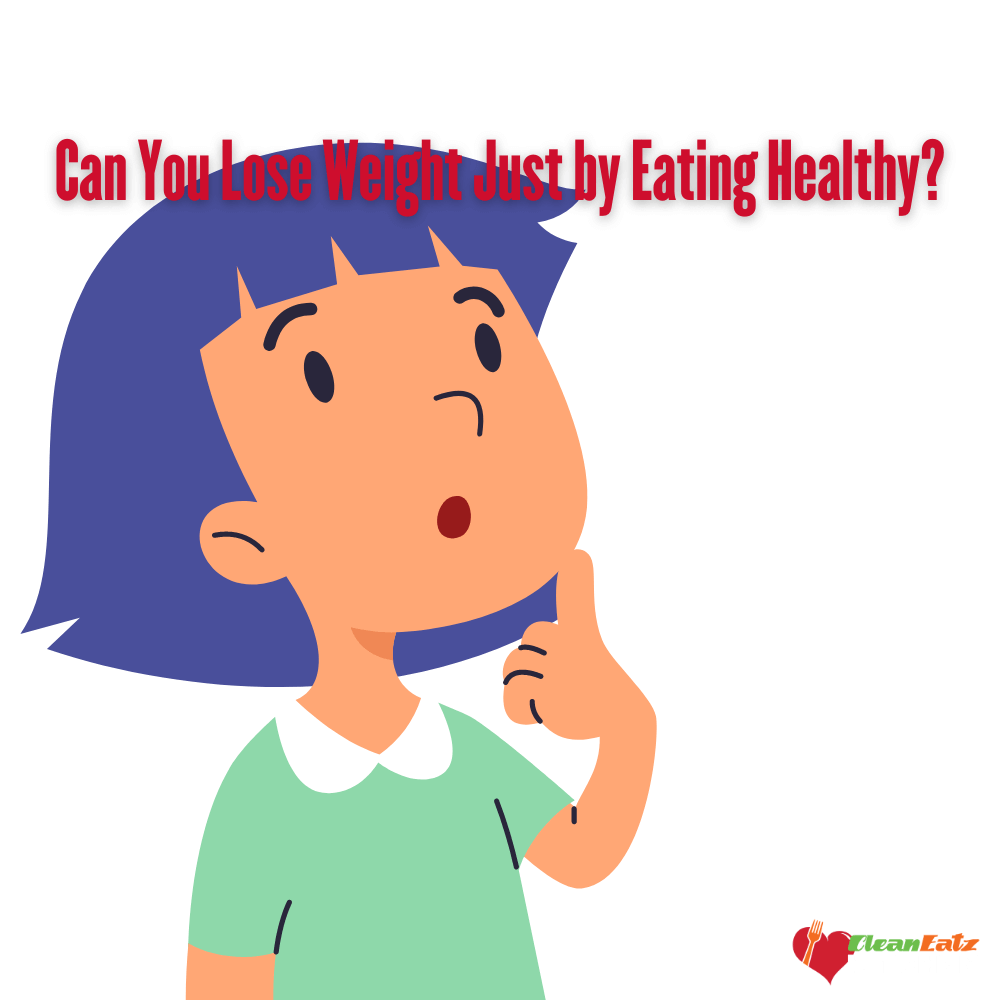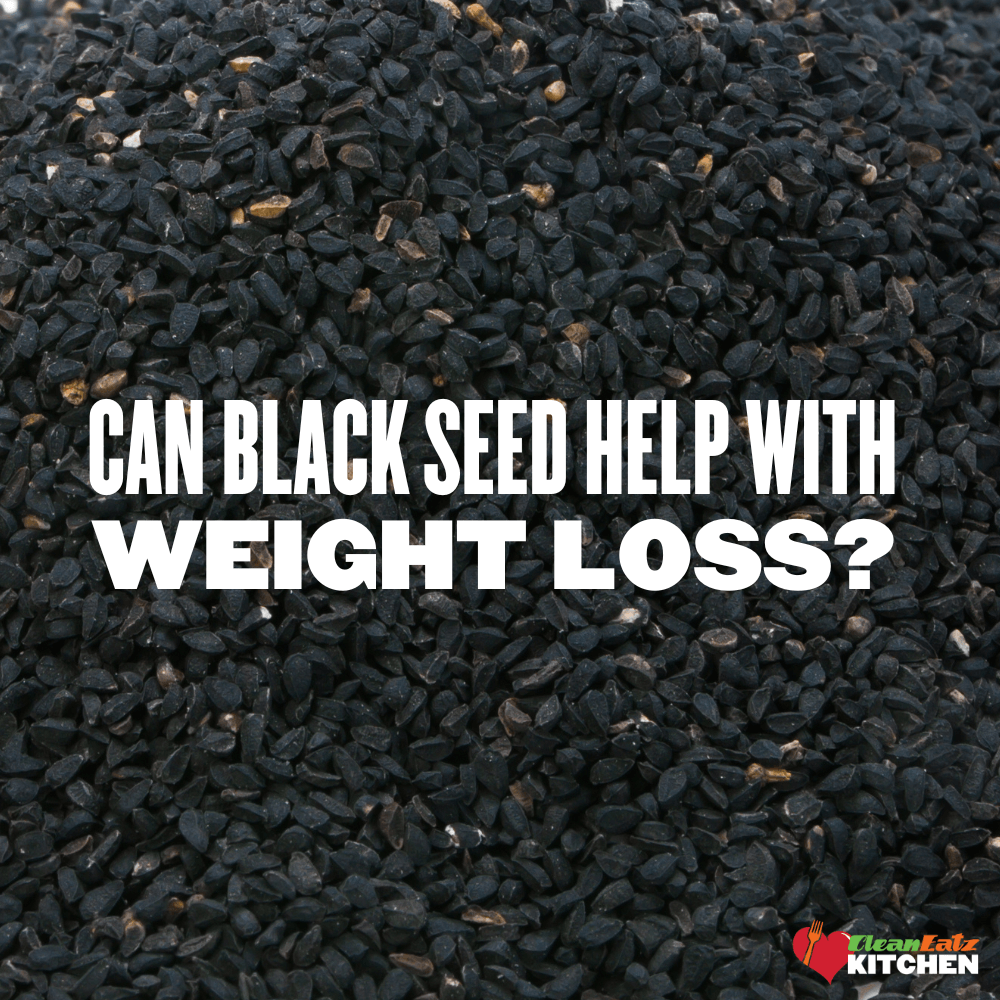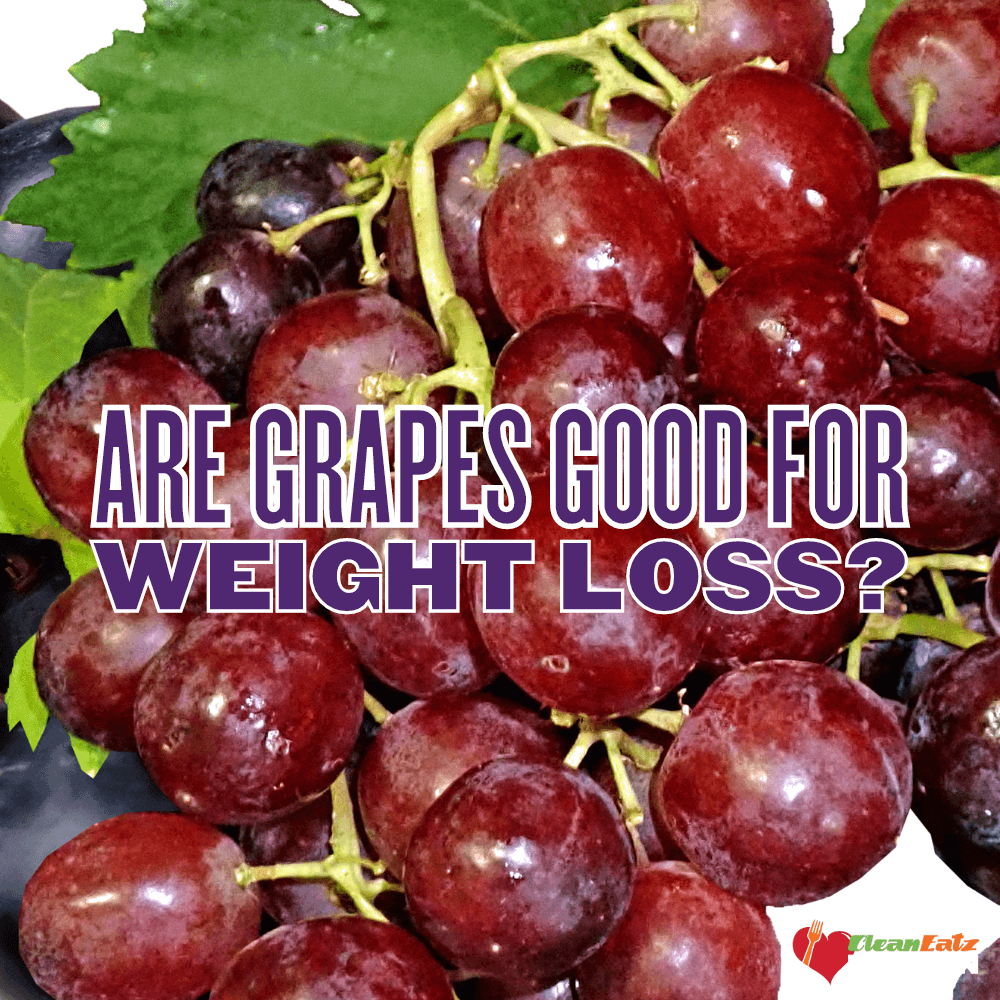
Can You Lose Weight Just by Eating Healthy?
Diana Ketchen
Nutrition
|
Weight Loss
|
Healthy Lifestyle
7 minute read
Most of us know that we should eat healthy, but sometimes it's easier said than done. After all, who has the time to cook a healthy meal when so many quick and easy unhealthy options are available? And when it comes to losing weight, dieting can seem like a daunting task. So can you lose weight just by eating healthy? or how to lose weight by eating healthy?
The answer you will find in this article! Here we go.
The Truth About Losing Weight
Can you lose weight just by eating healthy? There are a lot of myths and misconceptions out there when it comes to losing weight. For example, some people think they can just diet or exercise and they'll see results. But, unfortunately, that's not the case. To lose weight, you need a combination of both diet and exercise.
But of the two, diet is more important. This is because diet makes up 80% of the equation for losing weight. This means that if you're eating healthy foods and staying within your calorie limit, you're well on your way to shedding those unwanted pounds. But what exactly does "eating healthy" mean? Keep reading to find out.
What is a Healthy Diet?
Trying to lose weight can feel like a never-ending battle. It feels like there's a new diet trend every other day. It can be hard to keep up and even harder to know who to believe. So, what is the truth? What is a healthy diet?
There are all sorts of different opinions out there when it comes to diet. Some people swear by low-carb diets, while others find they feel best on a high-protein diet. So, how do you know who to believe?
Well, the experts recommend consuming a variety of healthy foods from all the food groups. A healthy diet is high in nutrients and low in calories. You want to include a variety of nutrient-rich foods in your diet, like vegetables, healthy fats, whole grains, fruits, and lean proteins. These foods will help keep you satisfied and give you the energy you need for an active lifestyle.
You also want to limit your intake of processed foods, sugary drinks, and saturated fats. These types of foods are high in calories and low in nutrients, which means they won't do anything to help you lose weight. And, of course, it is vital to ensure you get enough water each day.
Of course, everyone is different, so you may need to experiment a little to find the diet that works best for you. But following these general guidelines can help you start on the path to a healthier lifestyle.
Choosing the Right Foods and Calories That Count
The 80/20 theory clarifies that diet is the most crucial element in losing weight. The nutrition experts remind us that we can eat more than just kale, rice cakes, and water.
They state that sticking to an enjoyable weight loss meal plan with different foods is far more successful than a restrictive one where you feel bored and punished. Of course, there is no particular food that you can eat to lose weight magically, but some foods are more helpful to dieters than others.
While it is true that eating healthy food can help you lose weight—specifically, by reducing the number of calories you consume—it's not necessarily true that all healthy foods cause weight loss.
Some healthy foods (such as nuts and avocados) are high in calories and could cause weight gain if consumed in excess. So, if you're trying to lose weight by eating healthy food, you must be mindful of portion sizes and include various healthy foods.
Making Healthy Meals At Home To Lose Weight
It can be tough to lose weight. There are so many temptations everywhere we turn, and it's hard to make healthy choices when constantly bombarded with unhealthy options. But one of the best ways to lose weight and keep it off is by cooking healthy meals at home.
Meal prepping with healthy ingredients is a great way to ensure you eat right and stay on track with your weight loss goals. Here are five tips for making healthy meals at home to lose weight:
1) Use lean proteins like chicken or fish. While all types of protein are beneficial, it's ideal to consume lean protein sources that will help you lose or maintain a healthy weight. Chicken and fish are great options and can be cooked in a variety of ways, so you never get bored.
2) Incorporate lots of vegetables. Vegetables are low in calories and high in nutrients, making them the perfect addition to any meal if you're trying to lose weight. Try to incorporate a different vegetable into each meal, and get creative with how you prepare them. For example, roasted, steamed, or stir-fried veggies make a great accompaniment to lean proteins.
3) Avoid processed foods. Processed foods are often high in sugar, salt, and unhealthy fats, which can lead to weight gain. So when meal prepping, stick with whole, unprocessed foods as much as possible. This means cooking from scratch instead of reaching for shortcuts like jarred sauces or frozen dinners.
4) Watch your portion sizes. It's easy to overeat when we're not paying attention, but portion control is vital if you want to lose weight. Use smaller plates and bowls, so your portions appear larger, and try not to go back for seconds. It might take some time to adjust your appetite, but eventually, you will get used to eating less food overall.
5) Drink plenty of water throughout the day. Staying hydrated is essential for good health but can also help with weight loss. Drinking water before meals can help you feel fuller faster, so you eat less. And drinking water throughout the day helps keep your metabolism going strong.
Final Thoughts
Can you lose weight just by eating healthy? The journey to weight loss is undoubtedly complex and multifaceted, but the role of a healthy diet cannot be underestimated. While eating nutritiously is a pivotal component in achieving weight loss goals, it is important to recognize that it's not the sole factor at play. Sustainable weight loss necessitates a holistic approach that encompasses physical activity, adequate sleep, stress management, and personalized dietary choices.
In essence, the journey towards weight loss and maintenance is a harmonious blend of healthy eating habits, physical activity, psychological well-being, and a sustainable lifestyle. While eating healthily is a cornerstone of this journey, it works synergistically with other elements to yield long-lasting results. Remember that seeking guidance from healthcare professionals, nutritionists, and fitness experts can provide tailored strategies for your specific needs, helping you embark on a successful and balanced path to achieving and maintaining a healthier weight.
FAQ
What constitutes a healthy diet for weight loss?
A healthy diet for weight loss includes a balance of nutrient-rich foods such as fruits, vegetables, lean proteins, whole grains, and healthy fats. Portion control and moderation are key, as overeating even healthy foods can impede progress. Customizing your diet based on your body's needs and consulting with a nutritionist can be beneficial.
Can I indulge occasionally and still lose weight?
Yes, occasional indulgences are acceptable in a balanced approach to weight loss. The key is moderation and mindful eating. Treating yourself occasionally can prevent feelings of deprivation, making it easier to stick to a healthy eating plan long-term.
How long does it take to see results from eating healthy for weight loss?
Results can vary based on individual factors such as metabolism, starting weight, and adherence to the plan. Generally, noticeable changes may take a few weeks to a couple of months. Patience and consistency are crucial for sustainable and lasting results.
Should I follow a specific diet trend for weight loss?
There is no one-size-fits-all answer to this question. Different diets work for different individuals. It's important to choose a diet that aligns with your preferences, lifestyle, and health needs. Consulting a registered dietitian can help you find a balanced and sustainable approach.
Related Articles
Effectiveness Black Seeds For Weight Loss
7 minute read
Are Grapes Good for Weight Loss?
6 minute read
How To Calculate Weight Loss Percentage
6 minute read



